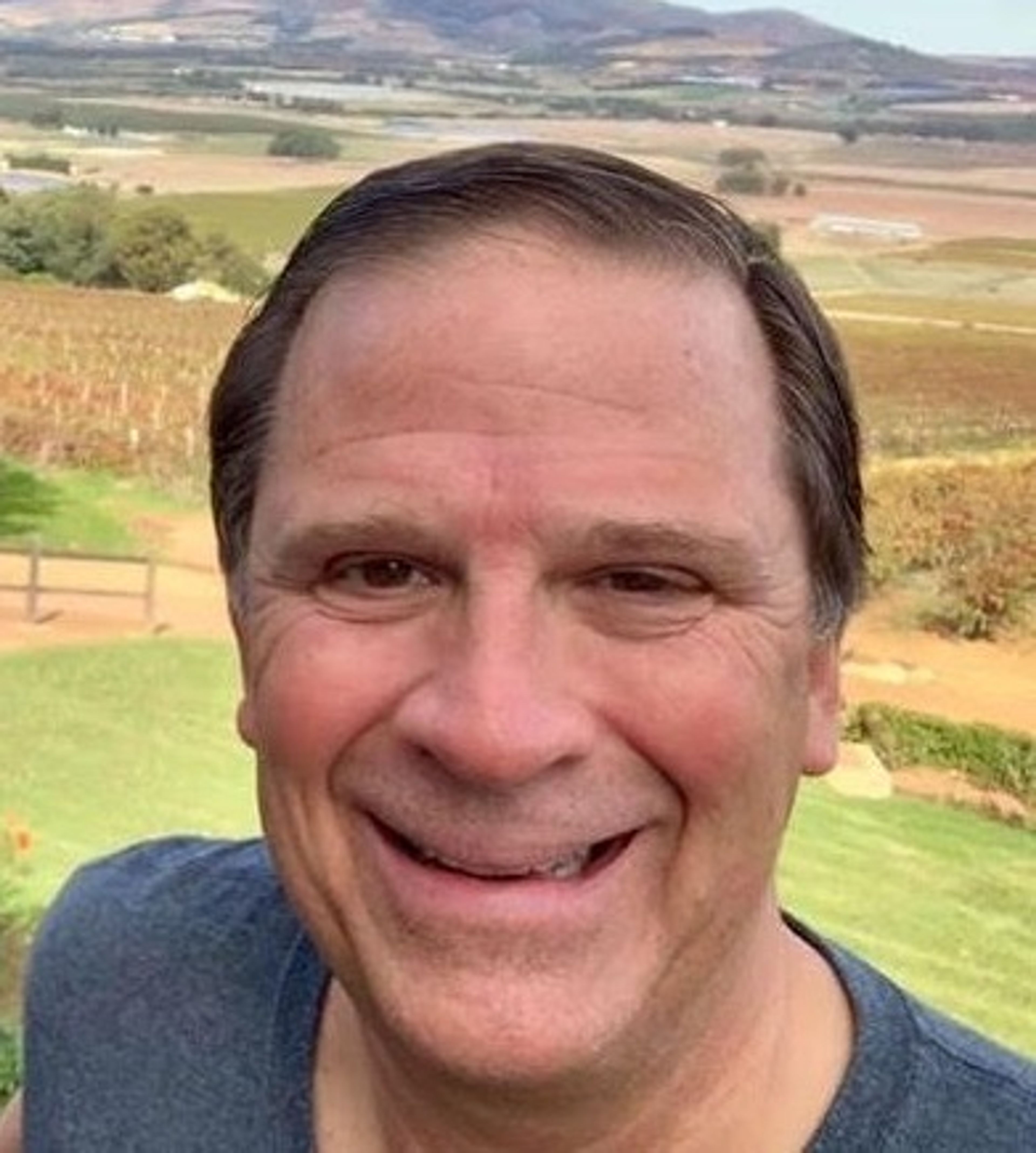This editorial was published by the Lewiston Tribune and written by Tribune Opinion page editor Marty Trillhaase.
Don’t think Idaho Republican Party Chairperson Dorothy Moon will quit just because Secretary of State Phil McGrane thwarted her plans to further suppress who can vote in the state’s closed GOP primary.
Those rules already:
n Violate the privacy of anyone who wants a say in the only election that really counts in a state where the Republican Party is so dominant. Voting in the GOP primary requires a public affiliation with the party.
n Obstruct the ability of anyone who formally registered with any other party to switch sides. If you affiliated as a Democrat, you have until March 15 to formally register as a Republican and vote in the May 21 primary. An unaffiliated voter can register as a Republican at the polls and vote that same day.
In effect since 2012, those rules have created an advantage for the hyperpartisan 17% of Idaho GOP voters — Moon’s ultra-right wing of the party — which has engaged in a purge of what it considers to be less-than-pure moderate and establishment Republicans from Idaho’s Legislature and elected offices.
To help in that endeavor, Moon wants to tighten the restrictions.
Earlier this year, the GOP adopted rules based on a proposal from Branden Durst — the former Democratic state senator who embraced the Republican Party’s right-wing fringe, worked for the Idaho Freedom Foundation and overstayed his welcome as a grossly unqualified superintendent at the West Bonner County School District based in Priest River.
Durst’s brainchild would:
n Require someone affiliated with another party to change his registration no later than 17 months before the election. That would mean declaring as a Republican by Dec. 30, 2022, in order to vote in the primary next May 21. Of course, if that voter waited until Dec. 30 of this year, he would have to sit out the 2024 primary election altogether.
n Force an unaffiliated voter to register as a Republican at least five months before the election. To vote in the May 21 primary, the deadline to register with the GOP would fall on Dec. 30.
Put such a system in place and the scales would be further tipped in favor of those seeking to oust Republican officeholders such as Congressman Mike Simpson, Gov. Brad Little and Rep. Lori McCann of Lewiston.
Moon has already imposed those requirements on her party’s March 2 presidential caucuses, where her authority is unchecked. To impose her will on the state’s election process, however, she needs assistance. So she went to McGrane.
“Upholding the party’s rules regarding affiliation is crucial to maintaining the integrity of the electoral process and ensuring that the rights of the party members are respected and protected,” Moon wrote.
Responded McGrane: He doesn’t make the laws. That’s a job for the Legislature, where Moon served until failing in her 2022 bid for McGrane’s job.
“As a former member of the Idaho Legislature, I am sure you agree that the decision of whether a change to our elections law is warranted is a decision best left to the Legislature since they were elected by the people of Idaho to make those decisions,” he wrote.
Don’t expect it to stop with the Legislature, however.
Lawmakers did not simply end Idaho’s open primary in 2011. They were forced into it by a lawsuit the GOP waged and won against then-Secretary of State Ben Ysursa. U.S. District Court Judge B. Lynn Winmill agreed that the Republican Party’s First Amendment right of free association empowered it to control its own nomination process. Once that happened, the Legislature was obligated to comply.
There’s no guarantee that Moon would prevail in the courts again.
There’s no guarantee that she won’t, either.
If you don’t like that prospect, here’s your chance to stop Moon dead in her tracks.
Sign the petition to put the Open Primary Initiative on the 2024 general election ballot — and then vote for it.
If enacted, the top four vote-getters in any primary contest — regardless of party affiliation — would advance to the fall general election.
In November, an instant runoff — or ranked choice voting — would determine the outcome.
Behind that is a simple, fundamental philosophy: Everyone can vote in the primary whether they’re Republican, Democrat, independent or a member of a third party. And whatever party they choose to support at the polls is a matter of personal privacy. Nobody knows.
There is no middle ground.
Moon won’t stop unless the people stop her. They can either submit or fight back. — M.T.







